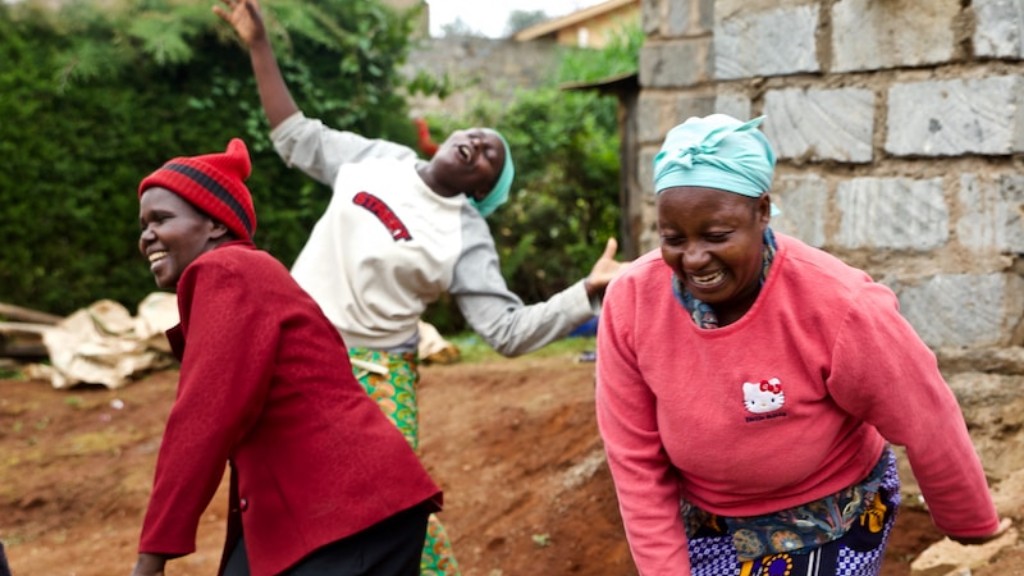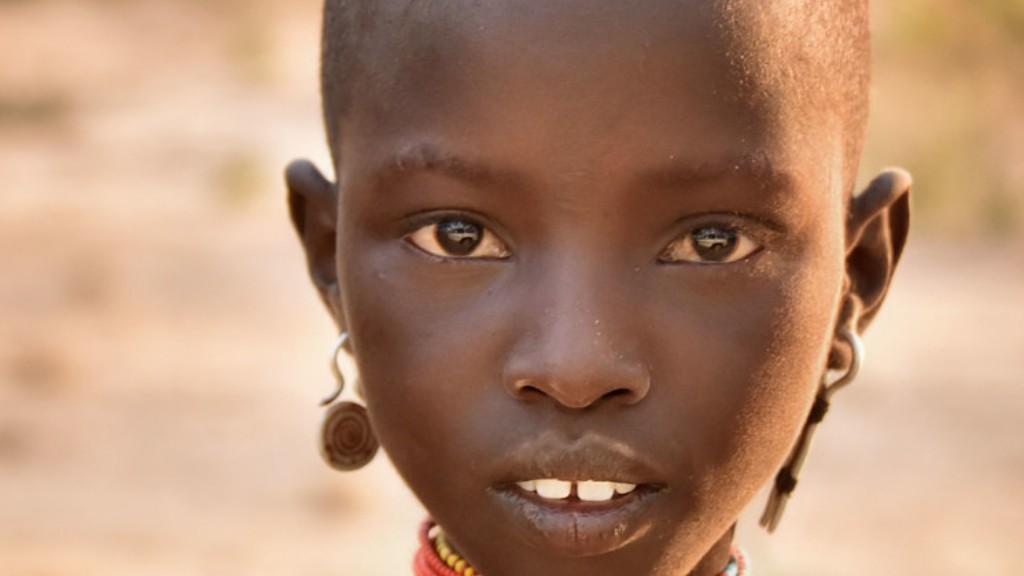Last Uncontacted Tribes in Africa
Africa, known for its rich cultural diversity, is home to numerous indigenous tribes, some of which remain uncontacted by the modern world. These last uncontacted tribes have managed to exist in seclusion, far from the influences of globalization and modern technology. While their exact numbers and locations remain uncertain, these tribes represent a glimpse into a way of life that has largely vanished from the world.
Uncontacted tribes, also referred to as remote, isolated, or uncontacted peoples, are indigenous communities that have limited to no contact with the outside world. In Africa, the presence of such tribes has been documented in countries like the Democratic Republic of Congo, Ethiopia, Cameroon, and Botswana, to name a few. It is estimated that there may be around 100 uncontacted tribes globally, with a significant portion being located in Africa.
Experts believe that the isolation of these tribes is primarily due to their ancestral lands being located in remote and inaccessible areas, such as dense forests, mountains, or deserts. This geographical isolation has shielded them from colonization, external invasions, and influences from neighboring communities. As a result, their cultures, traditions, and languages have remained remarkably intact.
Among the few tribes that still live in isolation in Africa is the Surma tribe in Ethiopia. The Surma people inhabit the southwestern region of the Omo Valley and are known for their body scarification and colorful body paint, which holds deep cultural significance. Their subsistence largely relies on agriculture and cattle herding, and they continue to practice age-old customs that have been passed down through generations.
Protecting Uncontacted Tribes
Preserving the existence and cultural heritage of uncontacted tribes is of utmost importance. Various organizations, such as Survival International, work tirelessly to protect these vulnerable communities and their territories. Encroachments on their lands, whether for resource extraction or tourism, can have devastating consequences for their way of life.
It is crucial to respect their rights to self-determination and autonomy. Contact with these tribes, even for the seemingly well-intentioned purpose of providing aid or healthcare, can have severe consequences. Their immune systems lack the exposure to modern diseases, making them extremely vulnerable to illnesses that might be harmless to others.
Furthermore, the role of governments and international bodies is pivotal in safeguarding the rights and well-being of these tribes. Legislation must be in place to protect their lands and prevent any form of exploitation. The United Nations Declaration on the Rights of Indigenous Peoples provides a framework for recognizing and respecting the rights of uncontacted tribes.
Preserving Cultural Diversity
Uncontacted tribes represent a unique cultural heritage that should be celebrated and preserved. Their knowledge of the natural environment, medicinal plants, and traditional practices holds immense value in today’s world. The wisdom accumulated over centuries can provide insights into sustainable practices and coexistence with nature.
By raising awareness and promoting cross-cultural understanding, we can foster a society that values and respects the diversity of indigenous cultures. Recognizing the significance of these tribes goes beyond romanticizing their way of life; it is about acknowledging their intrinsic right to exist and thrive.
Uncontacted Tribes in the Face of the Modern World
The encroachment of the modern world poses a significant threat to the existence of uncontacted tribes. Industrial activities, deforestation, and climate change are increasingly encroaching on their territories, pushing them further towards extinction. It is imperative that collective action is taken to address these challenges and ensure the survival of these unique communities.
Despite their isolation, uncontacted tribes are not relics of the past. They are living, breathing communities with the same rights as any other human being. It is our responsibility to protect and respect their choices, their cultures, and their lands.
The Way Forward
As we move forward, it is essential to find a delicate balance between progress and preservation. Development should not come at the cost of cultural diversity. Ensuring the survival of uncontacted tribes requires international cooperation, sustainable practices, and a deep commitment to the principles of human rights and environmental protection.
Preserving the last uncontacted tribes in Africa, and indeed around the world, goes beyond mere conservation; it is about cherishing the richness of humanity’s tapestry and embracing the invaluable lessons they can teach us.



